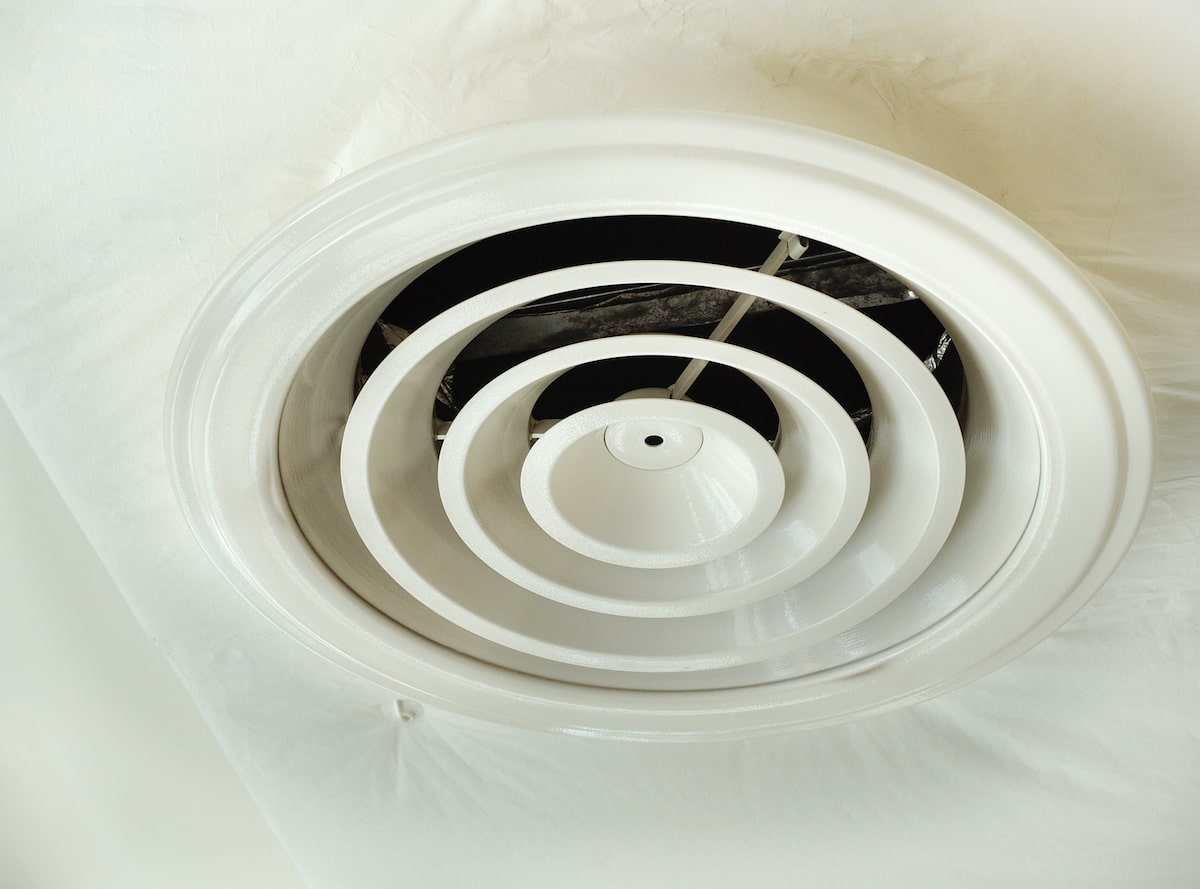<< Back
Can an HVAC Duct Spread COVID-19 in Offices, Stores and Schools?

July 13, 2020
A possible COVID-19 superspreader on the loose isn’t even human. It’s heating, ventilation and air-conditioning systems in corporate offices, retail stores and schools across the country.
In Florida and elsewhere, air-conditioning systems might be spreading airborne infections when people gather indoors to escape the summer heat. The cooling systems circulate little outdoor air, considered critical in dispersing viral particles in the air. Indoors, people are also less likely to practice social distancing.
Not everyone agrees that COVID-19 can spread via airborne particles. Both the World Health Organization and the Centers for Disease Control and Prevention have said the virus spreads either by inhaling respiratory droplets or, more rarely, touching a contaminated surface and then your eyes, nose or mouth. Many researchers disagree: Hundreds of scientists and engineers sent a letter to WHO demanding the organization change its position. The WHO now says aerosol transmission cannot be ruled out.
A ducted HVAC system creates air currents more likely to carry larger viral particles even further. That’s how 10 people from three families eating in a Guangzhou, China, restaurant became infected earlier this year, according to Chinese health officials.
The most obvious improvement is reconfiguring HVAC systems to increase the exchange rate, bringing in more fresh air to reduce the amount of recirculated air that potentially carries viral particles. Older systems might require more complex, and expensive, changes like replacing fixed-speed motors with variable-speed motors for greater control and a lower-speed airflow.
Air filters also might help, though they’re not always practical. A HEPA, or High-Efficiency Particulate Air, filter effectively removes small particles — 99.7 percent of particles 0.3 microns. A MERV, or Minimum Efficiency Reporting Value, filter removes larger particles, 0.3 microns to 10 microns. A MERV filter rated 17 or higher is considered HEPA-like in efficiency. But most commercial buildings have MERV filters rated 12 or lower.
Unfortunately, a coronavirus particle is about 0.1 microns. There’s no guarantee a HEPA filter would stop it.
An intriguing technology, UVC light, is a type of germicidal lamp that zaps microorganism like coronavirus. It’s been used since the late 1800s to kill microorganisms — bacteria, mold, yeast and viruses — that affect indoor air quality. The first commercial germicidal lamps, developed by Westinghouse in the 1930s, were used in hospitals.
UVC refers to ultraviolet light with wavelengths between 200 and 280 nanometers. In public spaces, however, light from a conventional germicidal lamp (254 nanometers) used in, say, an empty hospital room can cause skin cancer or eye problems.
Researchers at Columbia University Irving Medical Center, using far-UVC light (222 nanometers) that cannot damage the skin or eyes, added to previous research on killing airborne influenza viruses to demonstrate an effectiveness against SARS-CoV-2, the virus that causes COVID-19.
The researchers, using a misting device, added two common coronaviruses to the air. After low exposure to a far-UVC lamp, 99.9 percent of the virus had been killed. The researchers now estimate that far-UVC light at the current regulatory limit would kill 90 percent of airborne viruses in about 8 minutes, 95 percent in 11 minutes, 99 percent in 16 minutes and 99.9 percent in about 25 minutes.
What could this mean in the fight against COVID-19 as people gather indoors? Look up. At some point, maybe there will be an overhead far-UVC light fixture on the ceiling.
Not feeling well? Call your healthcare provider for guidance and try to avoid going directly to an emergency department or urgent care center, as this could increase the chances of the disease spreading.
Click here to schedule a virtual visit with a Hartford HealthCare-GoHealth Urgent Care provider.
Stay with Hartford HealthCare for everything you need to know about the coronavirus threat. Click here for information updated daily.
Questions? Call our 24-hour hotline (860.972.8100 or, toll-free, 833.621.0600).
Get text alerts by texting 31996 with COVID19 in the message field.